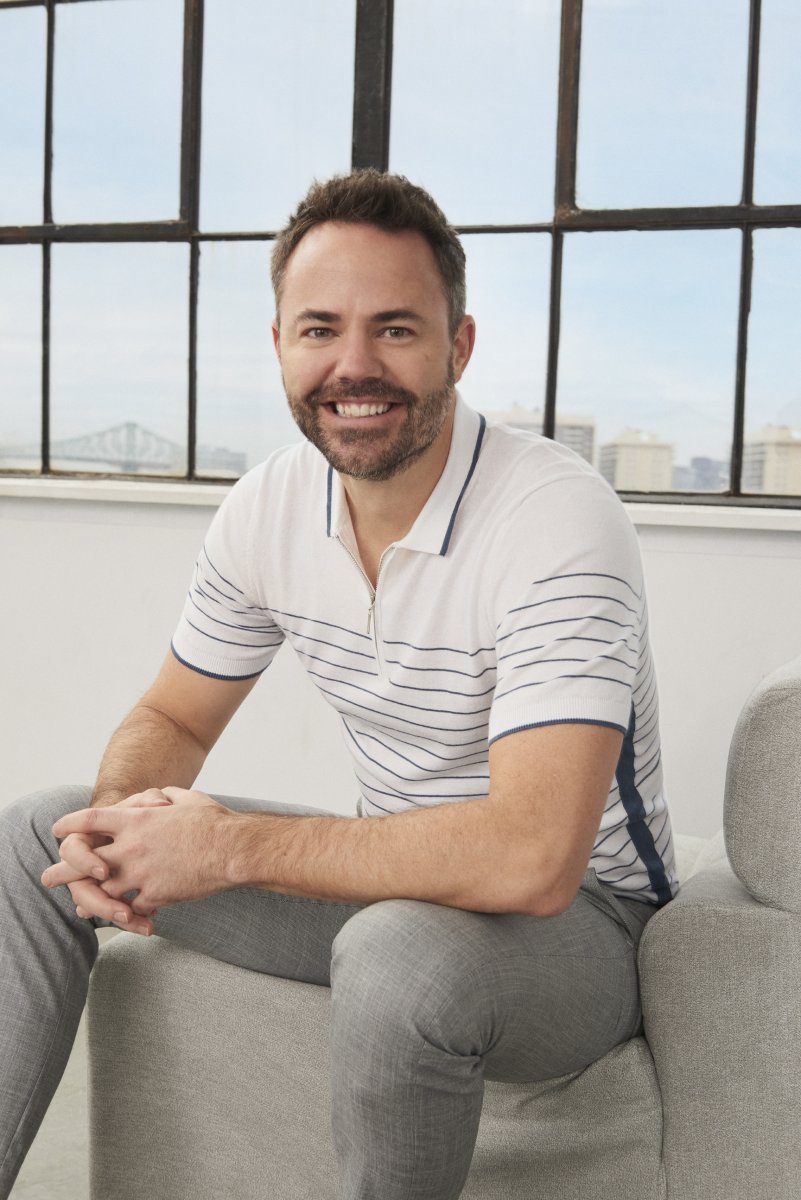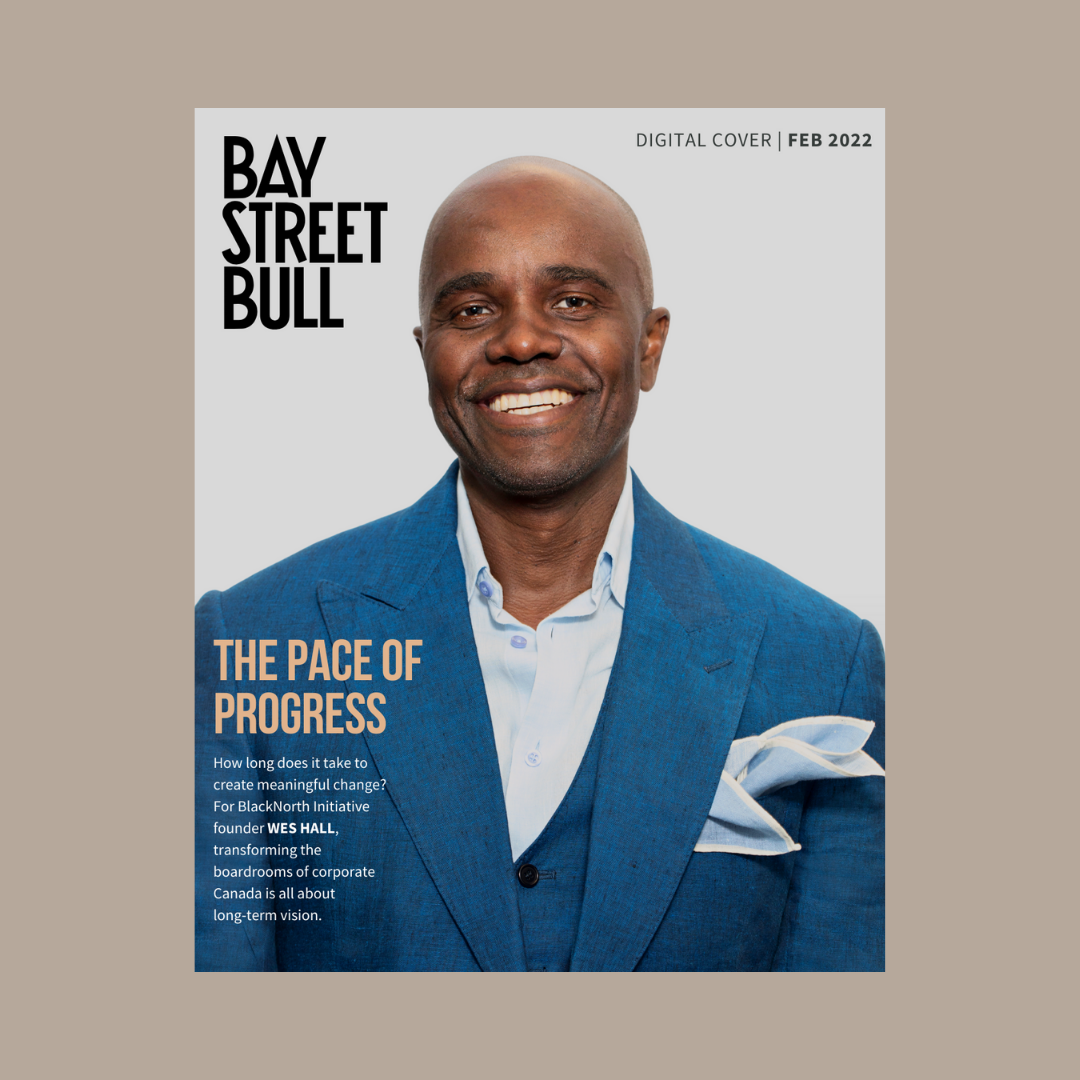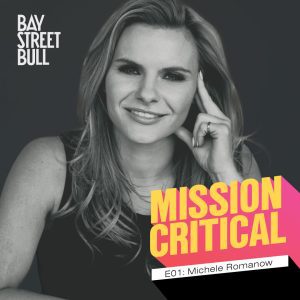[vc_row][vc_column][vc_column_text]In 2007, Lane Merrifield sold his company to the Walt Disney Company for $350-million—an impressive feat for anyone, let alone a 28-year-old.
You may be wondering, “What company was it?” None other than the online escape for millions of children around the world in the early 2000s: Club Penguin.
Despite a payday that might have had some planning to never work again, Merrifield entered back into the world of entrepreneurship in 2012 with the launch of FreshGrade. The online learning assessment tool is a central hub for teachers, parents, and students, and has become an essential tool for education since the world has been in lockdown.
Given his entrepreneurial success, Merrifield was a welcome addition on Dragons’ Den in 2018, where he has become an investor and advisor to many budding entrepreneurs.
His latest role as an ambassador for RW&CO is an extension of his commitment to building up the businesses of tomorrow.
“One of the things that I’m so excited about is companies like RW&CO that are encouraging entrepreneurship and helping get the word out there for incredible leaders and small business owners,” says Merrifield. “We need to diversify our economy. The only way that’s going to happen is with startups and new companies and new ideas.”
As part of the new campaign, Merrifield and fellow ‘Dragon’ and RW&CO ambassador, Manjit Minhas, will be providing mentorship and guidance for 13 small business entrepreneurs across Canada.
It’s an opportunity that Merrifield calls, “an amazing way to pay it forward.” As he himself leaned on the help and advice of others at the beginning of his entrepreneurial journey. Given that the COVID-19 pandemic continues to be a situation that the world is trying to navigate, the mentorship is surely appreciated by all the small businesses involved.
And while “normal” still seems far away, true to being a champion for the entrepreneurial spirit, Merrifield has an optimistic outlook on what’s in store for the future of business.
“I don’t even think we’ve even begun to see and hear the stories of what’s been invented and created and started as a result of this period in history,” says Merrifield. “I think there’s going to be an entrepreneurial Renaissance that’s going to come out of this. I’m excited to see that happen.”
For this week’s Entrepreneur of the Week, Bay Street Bull spoke with Lane Merrifield, Founder of Club Penguin and FreshGrade, from the set of his photoshoot with RW&CO (virtually, of course). We talk about the lessons he’s learned during the pandemic, how he’s staying productive while working from home, and what success really means.[/vc_column_text][vc_text_separator title=”Q&A” color=”custom” style=”dashed” border_width=”3″ accent_color=”#3dc659″][vc_column_text]Is there a personality trait that you notice across the board that separates successful entrepreneurs from the rest?
This gets talked about a lot because people love to focus and fixate on the idea. I always hear people say, “I’ve got this idea. I’ve been thinking about this idea for 10 years!” And I tell them over and over again, the biggest difference between successful entrepreneurs and non-successful ones is those that can execute on the idea. The idea is one part, but it’s not the biggest part. I think the biggest thing is to be able to execute it yourself and build a team around you that can execute as well. That’s critical to any successful startup.
Speaking of successful startups, as an investor on Dragons’ Den, what are you specifically looking for when deciding to invest in a company?
I’m looking for someone smart, who knows the numbers, who understands their business and understands their competitors and what it is they’re trying to accomplish. I’m also looking for someone who is savvy and can sell me and can sell others on it—someone who can communicate well. In any company, you talk about sales and you fixate on selling the product. So, sales are required for any entrepreneur, whether it’s selling an idea to someone, selling to an investor, or selling a future employee on why they should come in and work for you. So to me, it’s about equal parts smarts and savvy.
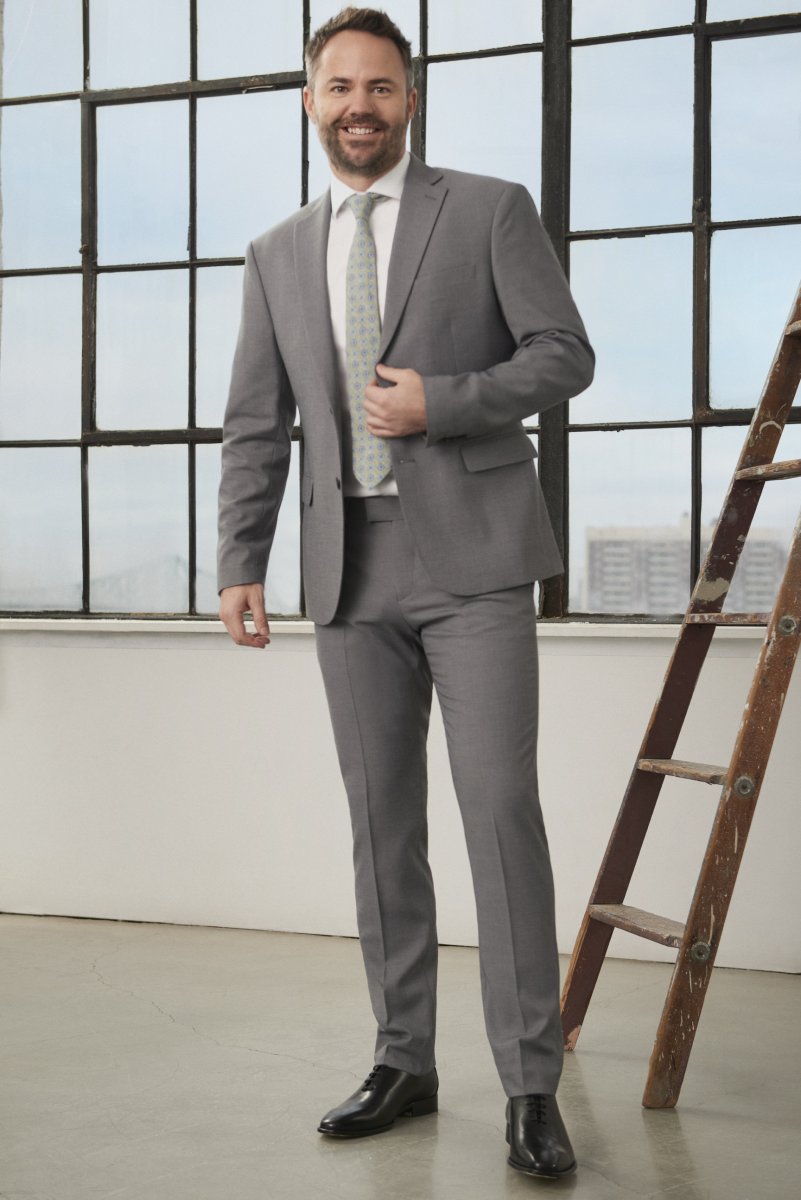

On the sales side of things, is there a number one mistake that you tend to see in terms of pitching and people trying to sell you on their company?
I think the biggest thing, at least for me, is authenticity. If it seems like someone is inauthentic or it feels like they’re trying to oversell something rather than just being honest about what it is they’re creating or trying to do, I’m out. I don’t want to feel like I’m on a used car lot. I want to feel like I’m talking to a fellow business person. I start to lose interest when it feels like it’s going a little overboard.
RELATED: How Manjit Minhas Pivoted Her Business to Protect Her Community During A Pandemic
Obviously, 2020 threw the whole world a curveball. How was FreshGrade affected by the COVID-19 pandemic?
FreshGrade is interesting because we have always been about connecting people no matter where they are. We were fortunate in that we turned from a ‘nice to have’ product in the classroom to a ‘must-have’ product at home. So we’ve seen our growth go 3–4X in almost every category.
I realize for a lot of companies, that’s not the case, but that being said, we also took our paid product and made it free for teachers to try and help as many teachers as we could. Obviously, that impacts the revenue, but it was the right thing to do. We wanted to make sure that we were able to be there when teachers and students needed it.
You seem to have a knack for these tech ideas that are needed before the rest of the world sees the value, from FreshGrade and online learning to online gaming with Club Penguin. What’s your secret? Are you just always looking at the trends to see what hasn’t been done before?
I think it’s a little bit of both. Of course, there’s no way that I could have predicted this pandemic, but there are trends that happen. Technology is a tool that is being utilized in a lot more places than it was before. With enough time, especially being in the business world, you do start to start to spot trends. I like to study history and meld that with modern science and that can be a good predictor of where things are going to go.
I’m also big on the study of human nature. At the end of the day, the one thread that’s consistent in all of my endeavors is that as humans, we want to connect with other humans. We desire connection. We desire authenticity. We desire to understand each other more deeply. Anything that I can create or be a part of that does that, I’m going to always pursue.
Were there any big lessons this year, in terms of the fast-paced change across the entire world, that you’re gonna use moving forward with any of your pursuits?
There are the changes of being more comfortable doing remote work, meetings, and interviews—practical changes of nature that came out of this. I also think we’ve all learned a lot more about gauging our mental health and our tolerance.
I know for me, there were times when I sit down at my home office and just go from one Zoom meeting to the next. Then in between each one, I’d be responding to texts and calls and emails and everything else, without a natural break of, “Hey, let’s go to lunch!” or “Hey, let’s go grab a coffee.” Without any of those natural breaks, I would start to go a little bit crazy by 3 p.m. and I thought, “I can’t keep at this pace. I can’t keep doing this.”
So, I had to learn some new disciplines. I had to learn some new boundaries for my day to stay sane—I think all of us have had to try to figure that out.
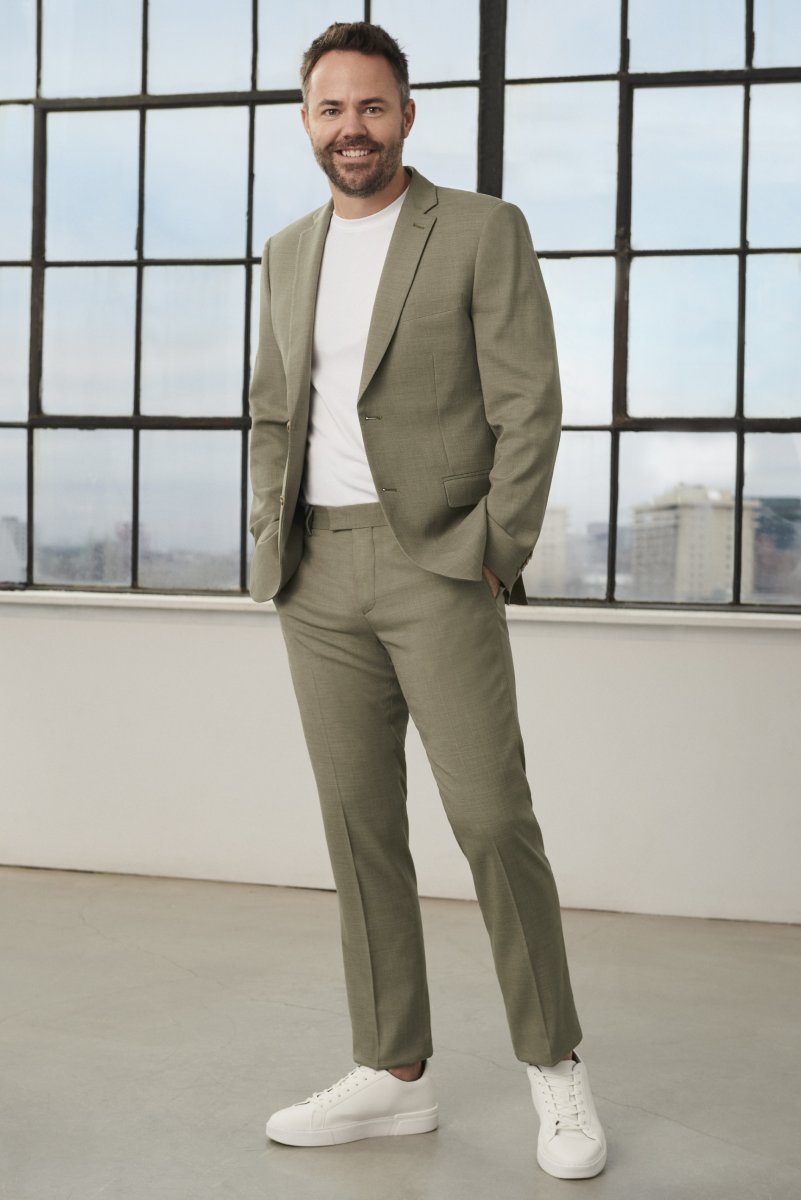

Are there any practices or tips that you can share with those who are working from home?
I’m a huge believer in the fact that creativity and inspiration require space. Anyone who’s in the study of creativity will tell you that it requires a little bit of boredom and a little bit of space—and that stress and anxiety are the enemies of creativity.
So for me, what I’ve tried to do is compress my meetings and my workdays with full interaction between Monday afternoon and Thursday afternoon. So, I’ve tried to keep Monday morning and Friday as clear as possible. It hasn’t always worked out that way, but every once in a while, I’ll be able to grab an extra day on the weekend and that feels like a breath of fresh air.
It’s not like I’m going anywhere [laughs], but just to know, “Hey, I have a whole day where nothing has been booked and I don’t have to jam anything in there. What am I going to do?” Maybe I want to dive into a project or there’s a gadget I bought a few weeks ago that I haven’t been able to try yet. The fun, little things like that are pleasant surprises and have given me some more balanced. Otherwise, I can just dive down the email rabbit hole and not come out of it.
Aside from those learning, has there been a standout piece of advice that you’ve received throughout your career?
I think the biggest thing is valuing people. Understanding that whether it’s two people working with me, or at one point in my career, almost 1500 people working for me, at the end of the day, great companies are built on great people. If people don’t feel valued and cared for and loved and encouraged, then they’re not going to want to work for you—or if they are, they’re not going to work very hard for you.
So I think that’s always been a big thing, understanding the value of people, caring about them, knowing what they’re going through personally, and doing everything I can to support them. I was having a conversation about this earlier with the photographer who’s working on the shoot. I was saying that so much of my world is about encouraging others to do great work. There’s no way I could accomplish what I do by myself. There’s no chance. It’s a team. It’s great people. I like to set them up, encourage them, give them some focus and some vision, and then let them run with it. Let them do great work and get out of their way, that’s been key.
Some founders talk about finding the right time to let go of the reins, and how it’s hard to give up complete control of something that’s you’ve worked so hard on. Have you had any big learning curves, whether it be from choosing your team or from letting those reins go?
Yeah, absolutely. When we first built club penguin, I had a really hard time letting go. I was the typical founder who thought that so much of our success was because I was holding on so tightly and that if I let go at all, it was all gonna fall apart. Then, I realized I was actually starting to hold things back more and more.
I was hearing more and more from people that I trusted, “Hey Lane, you’ve got 200 people that are sitting around waiting for these decisions to be made.” And that’s not healthy. It’s not healthy for them and it’s not healthy for you. I think with a bit of age and experience comes some wisdom in that too. I’ve learned to hire really great people and just get the hell out of their way and don’t hold them back. That’s what I try and do now.
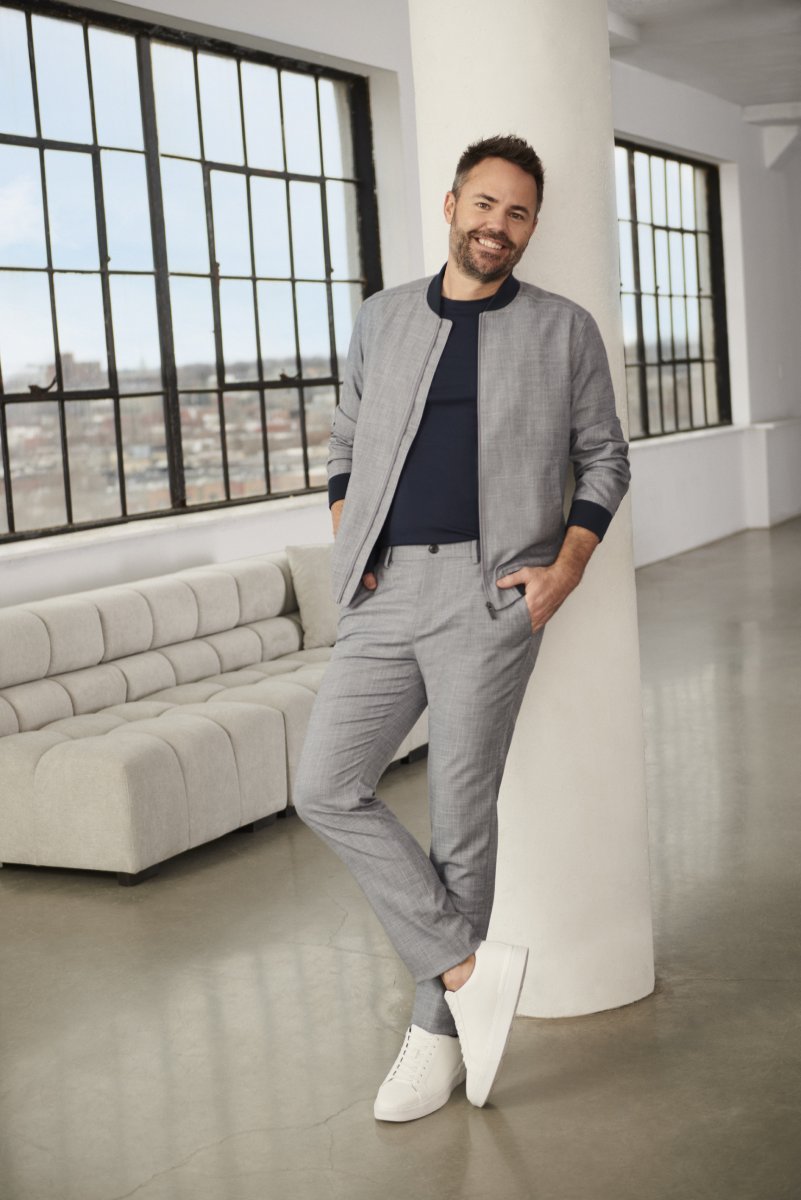

What does success mean to you?
It’s changed a lot. One of my favorite quotes about money is, “It’s something. It’s better than nothing. But it’s not the only thing.” More than ever, I believe that. I’m not complaining, of course, it’s great to have financial success, and that matters and that’s helpful—there’s a lot you can do with that. But it’s certainly not the only thing.
Success is my relationship with my family, my relationship with my friends, my relationship with those I love. We all know that scientifically that’s where happiness comes from, and to me, that’s what living a successful life is.
My goal is to leave the world and my friends and my family better than how I found them and to not make anyone worse.
Money is something, but those relationships and fostering them is what gives life meaning.
Totally! For me, money is just a vehicle for great adventures. I love being able to fly planes. I love being able to jump on a motorcycle. I love being able to see beautiful parts of the world. I’m thankful to have the resources because of what those resources can do, but to me, it’s not a score sheet.
If I die with $0 to my name, but my family is taken care of, I’m happy with that. It’s not about, “whoever dies with the most toys wins.” I remember seeing that bumper sticker when I was a kid [laughs]. He who dies with the most toys still dies. So, I’m a fan of really living and making the most out of everything.
We’re almost a year into the pandemic, and the world is still in limbo, but what are you looking forward to in 2021?
I’m looking forward to the vaccine and things starting to feel a bit more normal. I feel like it’s going to be like a scene out of a movie where it’s like waking up from hibernation and feeling like, “Was that a dream?”
As an entrepreneur, and as someone who loves and is passionate about entrepreneurship, I’m excited to see the innovation that comes from this period. I’m excited to see some of the ingenuity, not just directly relating to COVID, but some of the ingenuity that comes from people spending as much time in their homes as they were. I don’t even think we’ve even begun to see and hear the stories of what’s been invented and created and started as a result of this period in history. I think there’s going to be an entrepreneurial Renaissance that’s going to come out of this. I’m excited to see that happen.
Was there anything else you wanted to talk about regarding your journey or your experience today?
One of the things that I’m so excited about is companies like RW&CO that are encouraging entrepreneurship and helping get the word out there for incredible leaders and small business owners. We need to diversify our economy. The only way that’s going to happen is with startups and new companies and new ideas. So, any company that is standing behind that is exciting to me.
And what an amazing way to pay it forward! I still remember those companies and mentors and those that helped me when I was a young entrepreneur, just trying to figure this stuff out. Entrepreneurship on its own can be so lonely and so isolating because you don’t have 50 people at the office patting you on the back and telling you that you’re doing well. Oftentimes you have your money at risk or your friends and family’s money at risk and it’s terrifying. There’s so much anxiety and fear that goes into that. So, to feel that there are companies, like RW&CO, that are supporting and encouraging and cheering you on as an entrepreneur is priceless.[/vc_column_text][vc_separator color=”custom” accent_color=”#3dc659″][/vc_column][/vc_row]


